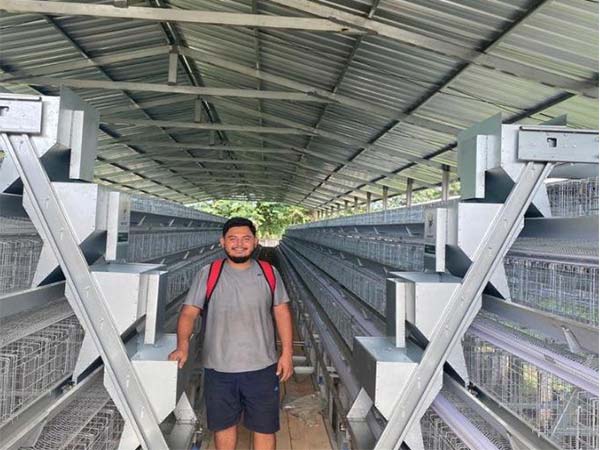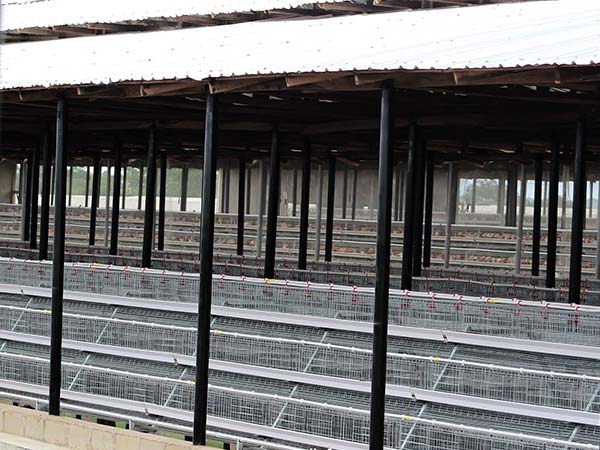Essential Maintenance Tips for Fully Automatic Chicken Farming Equipment
Content: In the realm of modern poultry production, fully automatic chicken farming equipment plays a crucial role in enhancing productivity and minimizing labor expenses. However, to ensure its optimal performance, it is imperative that this equipment undergoes consistent maintenance and care. This article delves into the essential maintenance tasks required for such equipment.
Firstly, maintaining cleanliness is paramount. Given the prolonged operational hours of chicken farming equipment, accumulations of dirt like chicken feces and feed residue are inevitable. If not promptly cleaned, these can hinder the equipment’s functionality and potentially lead to contagious diseases. Thus, regular cleaning, possibly with high-pressure water guns or detergents, is vital. It is also important to regularly clear drain outlets, water pipes, and other components to ensure unimpeded operation.
Secondly, inspecting the equipment’s various components for proper functioning is essential. The fully automatic system comprises elements such as chicken battery cages, feeders, drinkers, and ventilation systems. These components must be checked for any blockages, damages, or unusual noises. Since the quality and efficiency of feeders and drinkers directly impact the growth of chickens, they require regular inspection and adjustment to guarantee sufficient feed and water supply. Meanwhile, the ventilation system’s normal operation is key to ensuring adequate airflow within the chicken house, maintaining an optimal environment.
Thirdly, monitoring the power components is crucial. As the equipment typically runs on electricity or fuel, it is essential to periodically check the power supply, transmission system, and related components for any issues. For electrical equipment, cleaning the motor and checking insulation properties are necessary to prevent leakage and short circuits. For fuel-powered parts, safe storage and ample fuel supply are vital to mitigate fire risks.
Lastly, conducting routine maintenance and timely part replacements is essential. Over extended use, some parts may wear out or age, necessitating repairs or replacements. Prompt identification and resolution of equipment faults are critical to avoid more significant failures. Additionally, keeping maintenance records and performing scheduled upkeep and part replacements help extend the equipment’s lifespan.
In conclusion, the upkeep of fully automatic chicken farming equipment demands diligence and continuous effort from farmers. By prioritizing equipment maintenance, one can ensure its smooth operation, boost chicken farming efficiency, and foster the breeding industry’s healthy development.


